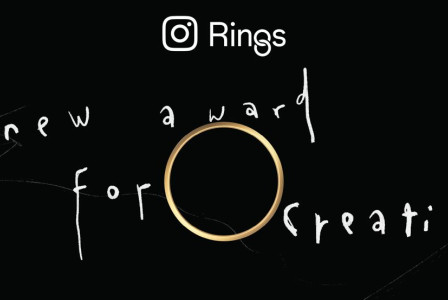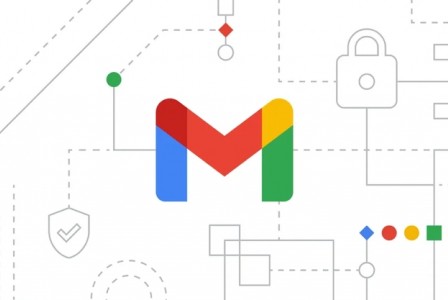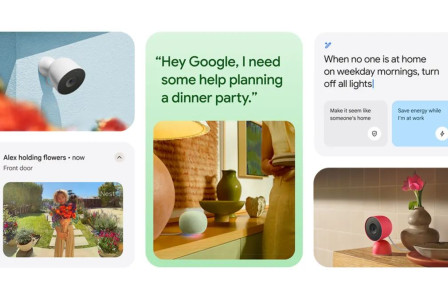SEARCH
ChatGPT opens the door to App integration
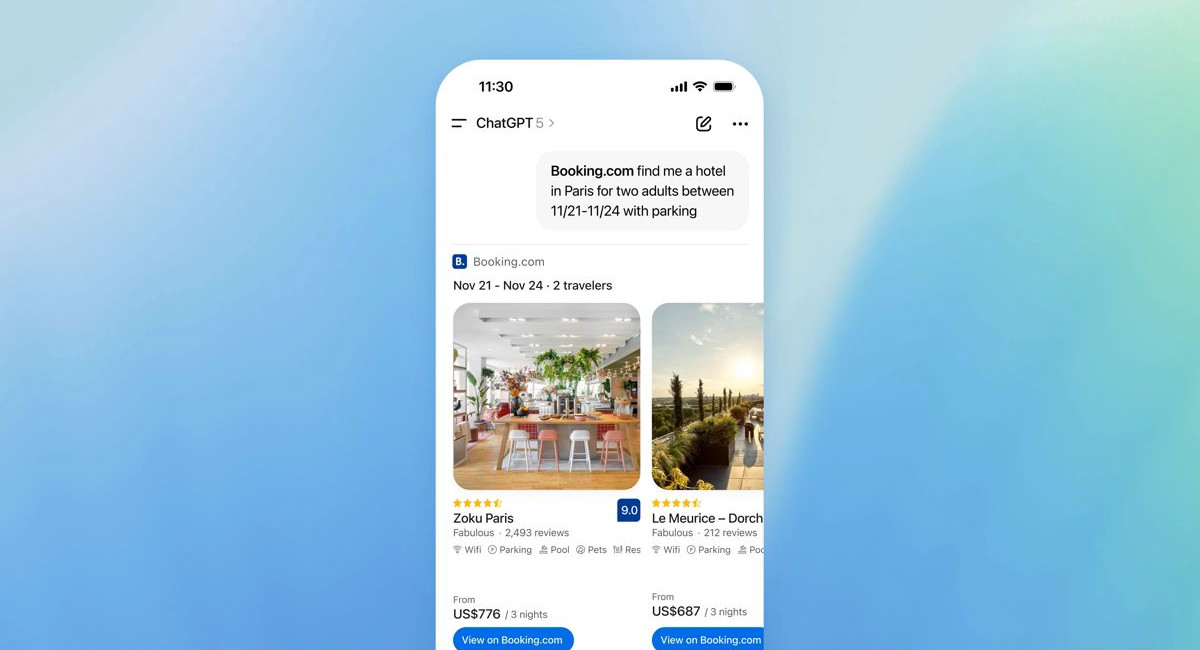
SHARE IT
OpenAI is giving ChatGPT a major upgrade that blurs the line between conversation and productivity. During its annual DevDay 2025 event, the company announced that users can now interact directly with third-party applications within ChatGPT’s interface. Alongside this new capability, OpenAI also unveiled a dedicated software development kit (SDK) that enables developers to create and publish their own apps inside the platform.
This new functionality transforms ChatGPT from a simple conversational AI into a hub for digital interaction. Instead of switching between websites or apps, users can now perform tasks simply by chatting. For example, you could ask ChatGPT to find a hotel on Booking.com, design a graphic in Canva, enroll in an online course via Coursera, plan a trip with Expedia, collaborate on a project in Figma, play music on Spotify, or check real estate listings through Zillow—all without leaving the chat window.
At launch, these integrations are available for users outside the European Union who are signed into a Free, Pro, Plus, or Go plan, provided that the partner services are offered in English in their region. More partnerships are expected to roll out in the coming months, expanding the scope of what users can accomplish within ChatGPT’s ecosystem.
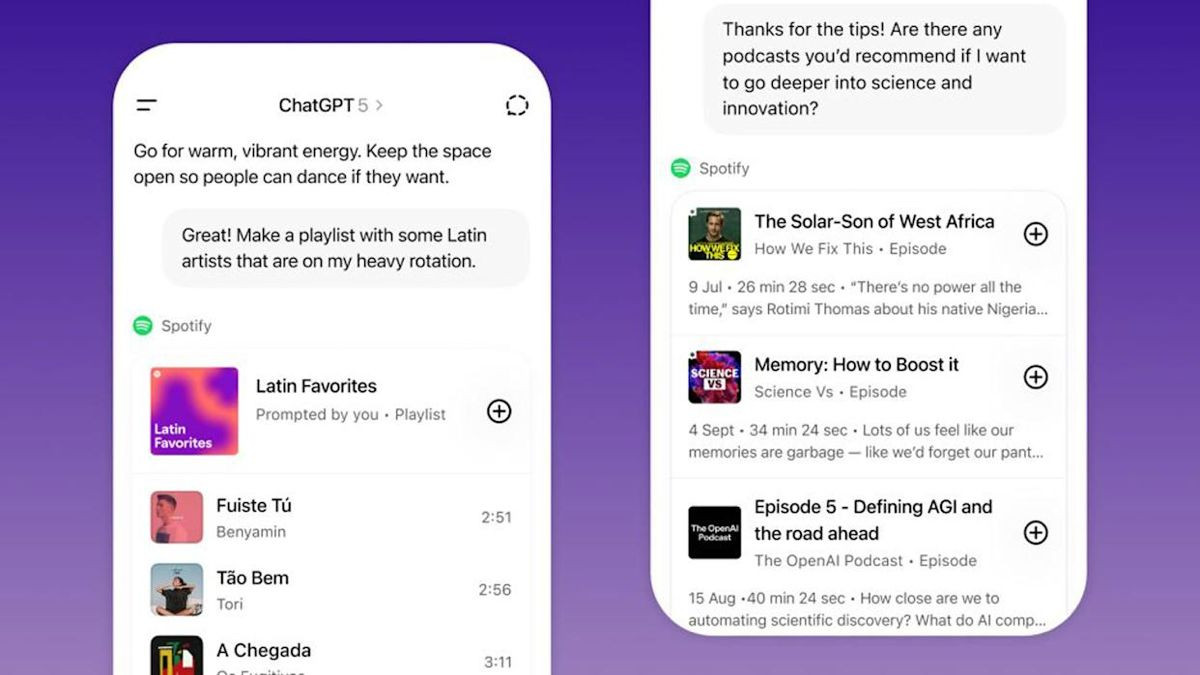
OpenAI’s announcement highlights a clear vision: to turn ChatGPT into a central platform where people can get things done through natural language. Instead of juggling multiple tabs, logins, and interfaces, the AI now serves as a universal command center. Whether you’re booking a flight, creating a playlist, or searching for a new apartment, you can do it all through a single chat thread.
For developers, this new SDK represents an enormous opportunity. Built on the Model Context Protocol (MCP) standard, the new Apps SDK allows developers to build and connect services directly into ChatGPT. This means that every conversation could potentially invoke a specialized app to complete a task or provide tailored information. With ChatGPT boasting a user base exceeding 800 million people, the platform offers developers unprecedented reach and engagement potential.
OpenAI plans to open the publishing process to all developers later this year. Once the public rollout begins, any developer who passes OpenAI’s review process will be able to make their app available within ChatGPT. The company also intends to share details on how developers can monetize their apps, suggesting that ChatGPT could evolve into a full-fledged app marketplace in its own right.
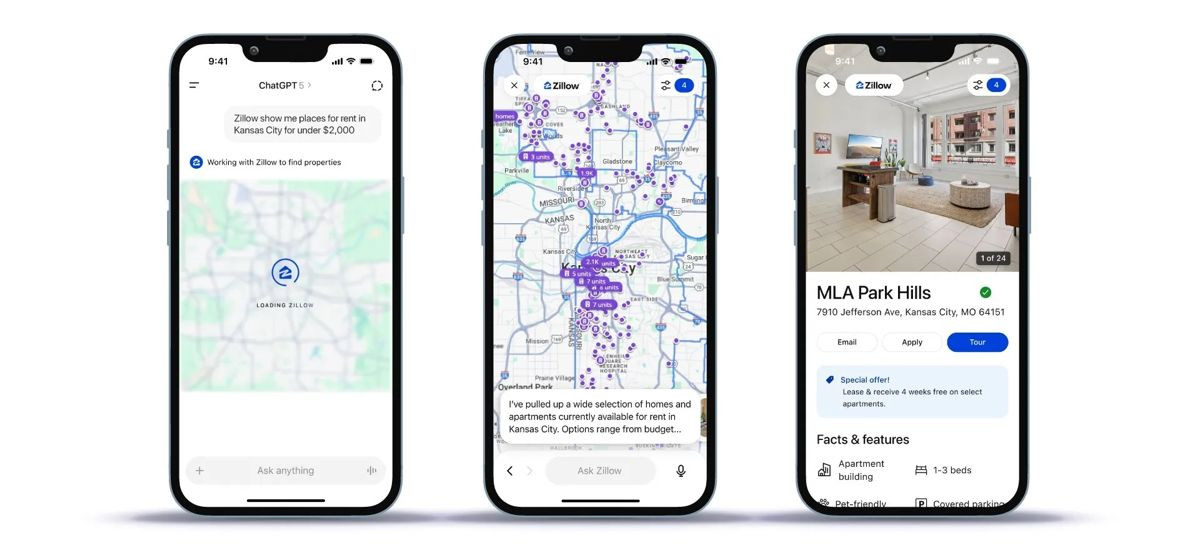
In practice, using these new integrations is straightforward. A user can explicitly call an app by name within a conversation—for example, saying “Use Spotify to play relaxing music” or “Ask Expedia to find flights to Tokyo.” However, ChatGPT can also proactively suggest relevant apps during a conversation if it detects a suitable context. For instance, if you’re planning a trip, it might recommend Expedia or Booking.com to streamline your search.
The first time you use a new app, ChatGPT will request your consent to share relevant data. This step is crucial, as apps can access parts of the ongoing conversation to deliver accurate and personalized results. OpenAI emphasizes that users maintain control over this data-sharing process and can choose which apps they wish to connect. The company frames this approach as a way to blend personalization with privacy, ensuring that integrations remain both useful and secure.
MORE NEWS FOR YOU

 Help & Support
Help & Support 